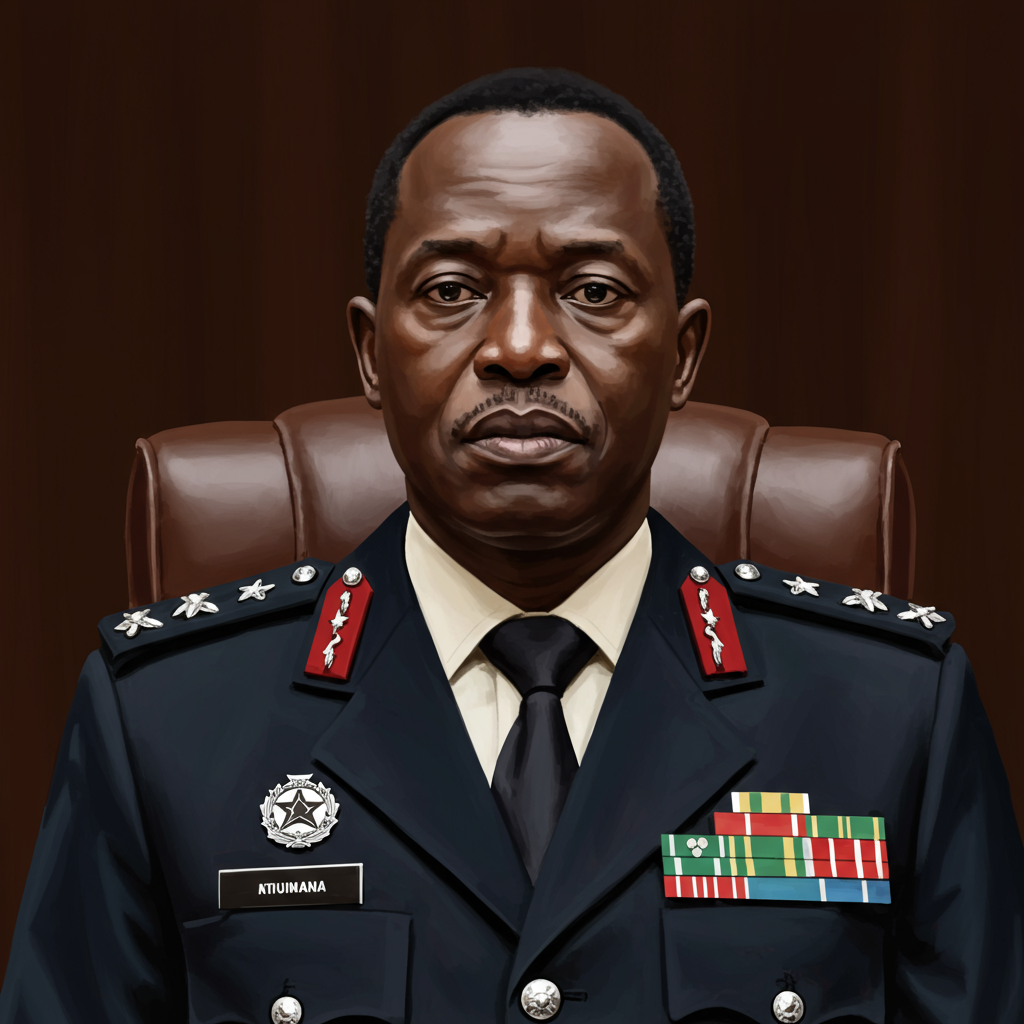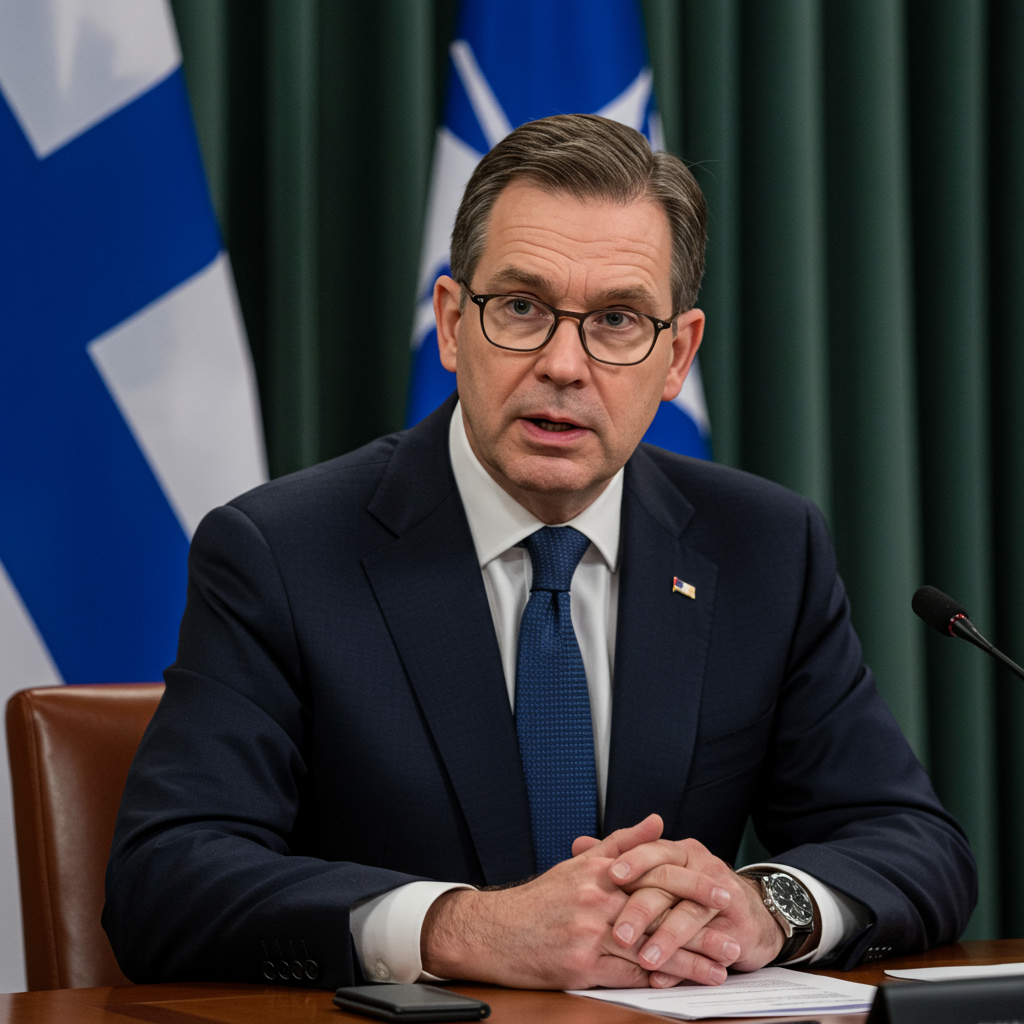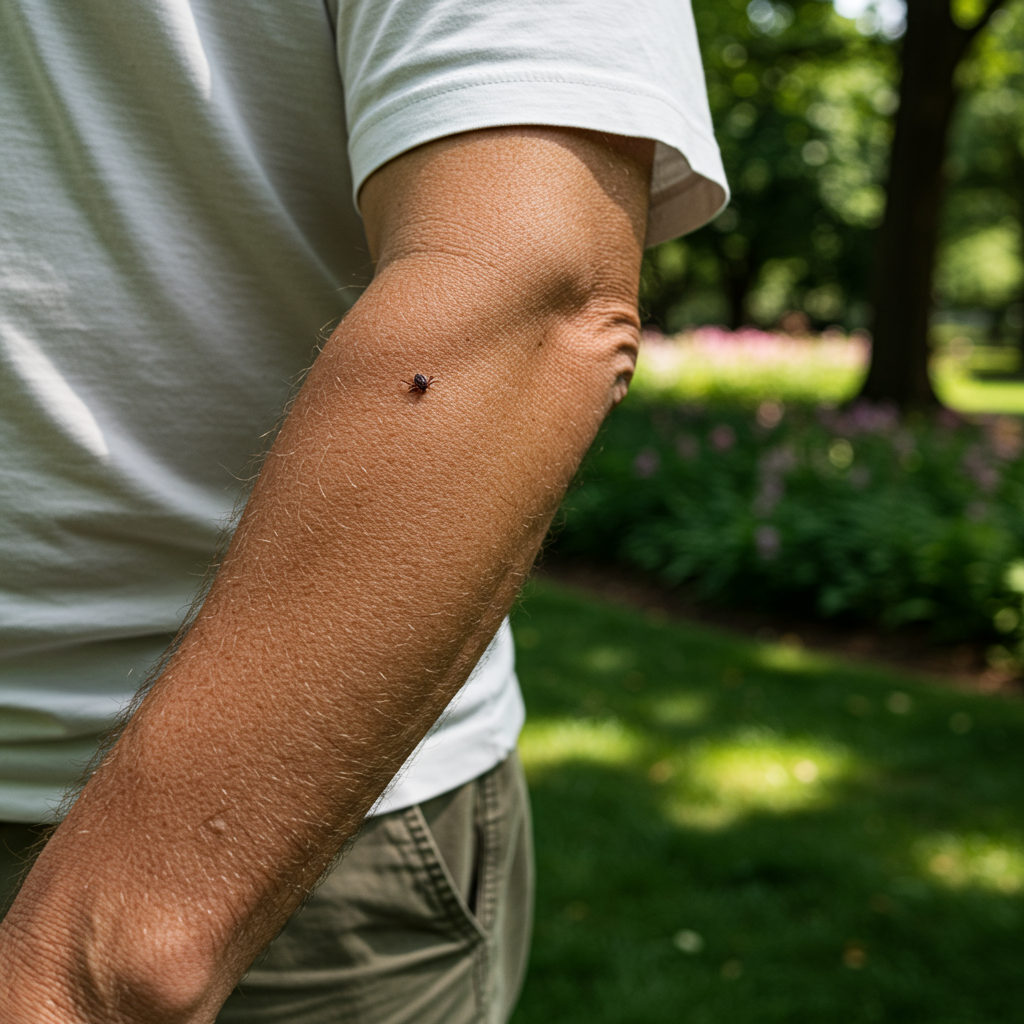Kenyan Deputy Police Chief Vacates Role Amid Uproar Over Blogger’s Death in Custody
Kenya’s Deputy Inspector General of Police, Eliud Kipkoech Lagat, has temporarily stepped aside from his duties. This decision comes amidst mounting pressure and intensifying investigations into the controversial death of blogger, teacher, and activist Albert Ojwang’ while in police detention.
Mr. Lagat faced widespread calls for his resignation from opposition figures, human rights activists, and pressure groups. The uproar stems from the fact that Mr. Ojwang’s arrest on June 7th originated from a complaint filed by Lagat himself. The blogger had allegedly accused the Deputy Police Chief of defamation and corruption in social media posts on platforms like X (formerly Twitter).
Ojwang’, 31, was arrested in his village near Homa Bay and transported over 350km to the main police station in Nairobi, where he was booked under a charge of false publication. He was reported to have died in custody shortly thereafter.
Conflicting Accounts and Autopsy Findings
Initially, the National Police Service (NPS) claimed Mr. Ojwang’ was found unconscious in his cell and died at a city hospital from head injuries sustained by hitting his head against a wall – an account suggesting suicide.
However, this official narrative was swiftly contradicted by medical findings and investigations. An autopsy conducted by government pathologist Dr. Bernard Midia, and an independent inquiry by the police watchdog, the Independent Policing Oversight Authority (IPOA), definitively ruled out the possibility of suicide.
Dr. Midia told reporters that Ojwang’s death was caused by injuries consistent with assault, citing evidence of a head injury, neck compression, and multiple soft tissue injuries spread across the body.
Following these damning findings, official stances began to shift. Police Inspector General Douglas Kanja publicly retracted the initial suicide explanation, admitting it was based on “misinformation” from subordinates and apologizing for the erroneous claim during a Senate hearing. Kenyan President William Ruto also publicly acknowledged that Ojwang’ died “at the hands of the police,” calling the incident “heartbreaking and unacceptable.” Interior Minister Kipchumba Murkomen pledged that those responsible would face justice.
Deputy Police Chief Steps Aside, Denies Wrongdoing
In a statement addressing the situation, Deputy Inspector General Lagat denied any wrongdoing in connection with the case. However, he stated he was stepping aside in the “good and conscious thought” of his responsibilities and in view of the ongoing investigations into the “unfortunate incident.”
“I undertake to provide any support that may be required of me during the investigations,” Mr. Lagat said, adding, “I offer immense condolences to the family of Mr Albert Ojwang for their great loss.”
During the investigation period, Mr. Lagat will not have access to his office, and his duties will be performed by his deputy. Critics argued that his continued presence in office posed a conflict of interest, particularly as the initial complainant in the case. Some, like former Law Society of Kenya President Nelson Havi, have gone further, explicitly calling for Lagat’s arrest and charging him with murder, alleging Ojwang was killed on his instructions.
Investigation Intensifies, Key Arrests Made
The IPOA is leading the investigation into the death. Court documents submitted by IPOA investigators allege that police constable James Mukhwana, identified as a primary suspect reportedly in charge of jail cell keys the night Ojwang’ died, was “likely involved in the planning and execution” of the killing along with other suspects still at large. IPOA applied to detain PC Mukhwana for 21 days.
Further arrests include Samson Talaam, the Officer Commanding Station (OCS) at Nairobi Central Police Station where Ojwang’ was held. Mr. Talaam was identified as a prime suspect after the Director of Criminal Investigations testified to the Senate that the OCS refused to book Ojwang’, a claim Talaam denies.
A civilian technician has also been arrested. Investigations revealed the technician allegedly admitted to being paid Ksh3,000 (approximately $23) to delete and format CCTV footage from the Central Police Station on the night of Ojwang’s death – an act cited in court papers as an attempt to cover up what happened.
In response to the escalating scrutiny, Police Spokesperson Michael Muchiri previously announced that five other police officers had been removed from active duty to allow for transparent investigations. Reports indicate a total of 23 people have been interrogated, including 17 police officers.
A Pattern of Concerns Over Police Conduct
Albert Ojwang’s death has reignited national outrage and fueled growing public calls for accountability within the Kenyan police force. It has also intensified scrutiny on police brutality and deaths in custody, issues that President William Ruto had pledged to end upon coming to power in 2022.
Despite the President’s pledge, human rights groups continue to report concerning statistics. According to the Kenya Human Rights Commission (KHRC), nearly 160 cases of extrajudicial killings and enforced disappearances were reported across Kenya in 2023 alone. The IPOA reports that at least 20 people have died while in police detention in the past four months alone. Ojwang’s death adds to this troubling pattern.
Public pressure for a transparent investigation remains high, with activists planning further demonstrations. International calls for a thorough and impartial probe have also been voiced by entities including the European Union and the United States.
The case highlights the ongoing challenges in addressing police misconduct and ensuring accountability in Kenya, with oversight bodies like the IPOA facing scrutiny for the pace of their investigations into such incidents.




